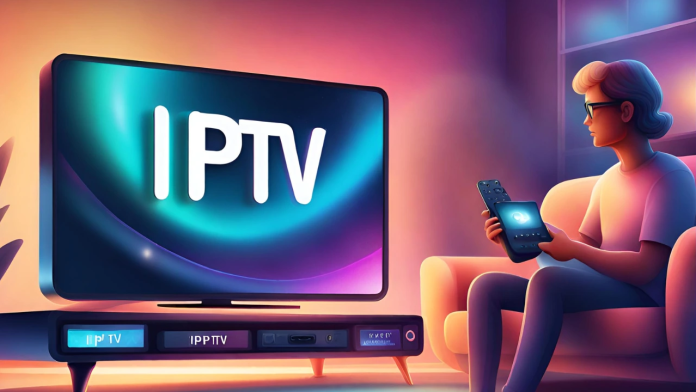Introduction :
IPTV (Internet Protocol Television) delivers TV content via the internet, offering an alternative to traditional cable and satellite TV. This analysis explores whether IPTV is worth considering by examining its benefits and drawbacks.
- Advantages
Variety of Content: IPTV provides a wide range of channels, including international and niche programming, allowing users to find content that interests them.
Flexibility: Accessible on various devices (smart TVs, smartphones, tablets) from anywhere with a stable internet connection, IPTV supports on-the-go and multi-device viewing.
Customization: Users can select and pay for only the channels they want, avoiding the bundled packages of traditional TV services.
Cost-Effectiveness: Often more affordable than traditional TV, with many services offering flexible month-to-month subscriptions without long-term contracts.
Advanced Features: Includes features like DVR, catch-up TV, and the ability to pause and rewind live TV.
- Disadvantages
Legal and Reliability Concerns: Some IPTV services may operate illegally, leading to poor quality or legal issues. Even legitimate services can suffer from buffering and service interruptions.
Internet Dependence: Requires a stable, high-speed internet connection; poor internet can lead to a subpar viewing experience.
Technical Setup: Can be complex, with potential setup challenges and limited customer support, particularly from smaller providers.
Limited Support: Smaller or unauthorized IPTV services may have inadequate customer support compared to traditional TV providers.
Conclusion
IPTV can be a cost-effective and flexible alternative to traditional TV, especially for those who value content variety and customization. However, it requires a reliable internet connection and can involve technical and support challenges. For users who prioritize convenience and simplicity, traditional TV might still be preferable.


